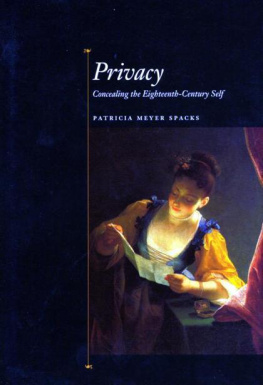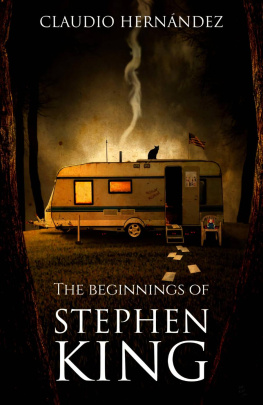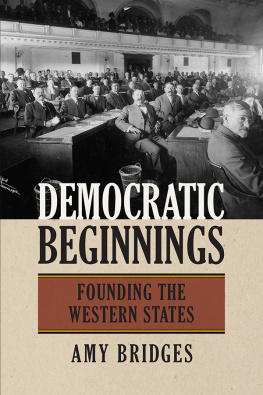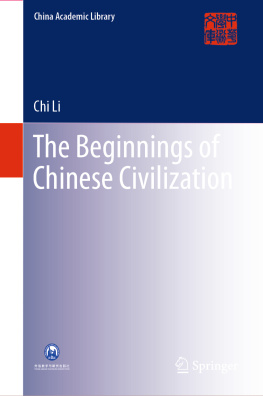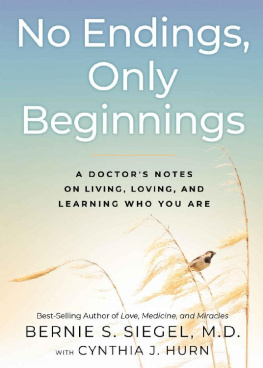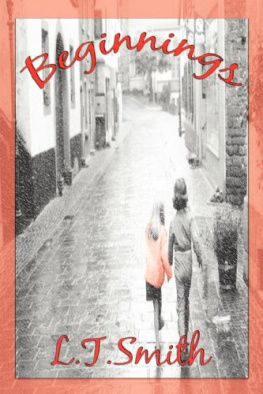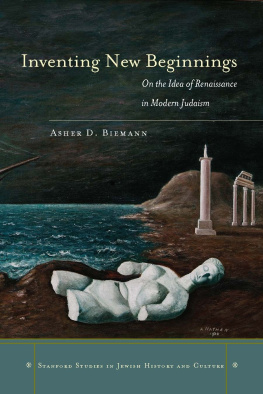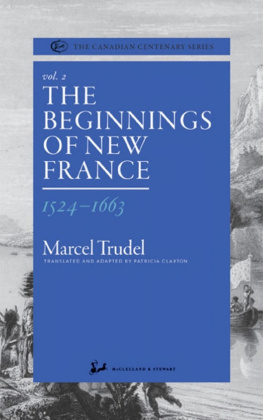Spacks - Novel Beginnings
Here you can read online Spacks - Novel Beginnings full text of the book (entire story) in english for free. Download pdf and epub, get meaning, cover and reviews about this ebook. year: 2006, publisher: Yale University Press, genre: Detective and thriller. Description of the work, (preface) as well as reviews are available. Best literature library LitArk.com created for fans of good reading and offers a wide selection of genres:
Romance novel
Science fiction
Adventure
Detective
Science
History
Home and family
Prose
Art
Politics
Computer
Non-fiction
Religion
Business
Children
Humor
Choose a favorite category and find really read worthwhile books. Enjoy immersion in the world of imagination, feel the emotions of the characters or learn something new for yourself, make an fascinating discovery.

- Book:Novel Beginnings
- Author:
- Publisher:Yale University Press
- Genre:
- Year:2006
- Rating:3 / 5
- Favourites:Add to favourites
- Your mark:
- 60
- 1
- 2
- 3
- 4
- 5
Novel Beginnings: summary, description and annotation
We offer to read an annotation, description, summary or preface (depends on what the author of the book "Novel Beginnings" wrote himself). If you haven't found the necessary information about the book — write in the comments, we will try to find it.
Spacks: author's other books
Who wrote Novel Beginnings? Find out the surname, the name of the author of the book and a list of all author's works by series.
Novel Beginnings — read online for free the complete book (whole text) full work
Below is the text of the book, divided by pages. System saving the place of the last page read, allows you to conveniently read the book "Novel Beginnings" online for free, without having to search again every time where you left off. Put a bookmark, and you can go to the page where you finished reading at any time.
Font size:
Interval:
Bookmark:
NOVEL BEGINNINGS
EXPERIMENTS IN EIGHTEENTH-CENTURY ENGLISH FICTION
PATRICIA MEYER SPACKS

Yale Guides to English Literature
Yale Guides to English Literature survey topics in English literature from Beowulf to the contemporary scene. Each volume of the series is intended for students and general readers.
Published with assistance from the Annie Burr Lewis Fund and the Mary Cady Tew Memorial Fund.
Copyright 2006 by Patricia M. Spacks.
All rights reserved.
This book may not be reproduced, in whole or in part, including illustrations, in any form (beyond that copying permitted by Sections 107 and 108 of the U.S. Copyright Law and except by reviewers for the public press), without written permission from the publishers.
Printed in the United States of America.
Library of Congress Cataloging-in-Publication Data
Spacks, Patricia Ann Meyer.
Novel beginnings : experiments in eighteenth-century English fiction / Patricia Meyer Spacks.
p. cm. (Yale guides to English literature)
Includes bibliographical references and index.
ISBN-13: 978-0-300-11031-9 (alk. paper)
ISBN-10: 0-300-11031-6 (alk. paper)
1. English fiction 18th century History and criticism. 2. Experimental fiction, EnglishHistory and criticism. 3. Literary form History18th century. I. Title. II. Series.
PR858.E982S66 2006
823.509dc22
2005024209
A catalogue record for this book is available from the British Library.
The paper in this book meets the guidelines for permanence and durability of the Committee on Production Guidelines for Book Longevity of the Council on Library Resources.
10 9 8 7 6 5 4 3 2 1
For Aubrey Williams
Blest with a Taste exact, yet unconfind;
A Knowledge both of Books and Humankind;
Genrous Converse; a Soul exempt from Pride;
And Love to Praise, with Reason on his Side.
MORE THAN ANYTHING ELSE I have written, this book is indebted to my studentsparticularly to the several generations of graduate students with whom I have discussed eighteenth-century fiction and by whom I have been stimulated and enlightened. I am also profoundly grateful to Myra Jehlen, who read and reread key chapters, always helping me to achieve greater clarity and precision and often provoking me to fresh thought. Like my other writing during the past fifteen years, this book has profited from my weekly lunches and literary discussions with Jerome McGann. Bruce Redford provided valuable suggestions at an early stage of my thinking; and Aubrey Williams, to whom the book is dedicated, helped me, as so often before, by innumerable enlivening conversations.
The Excitement of Beginnings
THE YEAR 1719 PRODUCED two fictional best sellers in England: Daniel Defoes Robinson Crusoe and Eliza Haywoods Love in Excess. Literacy was rising, and an increasingly large and eager audience now devoured fiction in many forms. Just over twenty years later, Samuel Richardson would publish Pamela, which generated controversy as well as excitement, stimulating parodies, continuations, and other printed responses. These conspicuous instances suggest that the novelwhich hardly yet knew itself to be the novelalready engaged wide and enlarging attention.
Robinson Crusoe, as even many children still know, narrates the vicissitudes of a mariner shipwrecked on a desert island. Love in Excess consists of a series of semi-erotic tales, linked by a group of participants acquainted with one another, and resolved by the happy marriage of a man who has previously enjoyed many amatory adventures. Pamela tells of a fifteen-year-old servant girl who resists her masters attempts at seduction or rape until he finally marries her. She then must withstand the violent disapproval of her husbands aristocratic sister. As these examples indicate, the early novel investigated a range of subjects. If its writers paid lip service to the classic ideal that literature must both please and instruct, they increasingly emphasized the first of these goals even while proclaiming allegiance to the second. They often stressed also their claims to factuality. Richardson announced himself as only the editor of Pamelas letters; Defoe prefixed to several of his novels elaborate announcements of their literal truth.
To call the works of Defoe, Haywood, and Richardson examples of the early novel, however, makes literary history neater than the facts justify. Both the starting point and the definition of the novel remain debatable. Certainly prose fiction has existed since classic times. Daphnis pursued Chloe through the pages of Longus in the second century. Even earlier, imagined by Apuleius, Lucian metamorphosed into an ass and enjoyed marvelous adventures. The ancient Greeks produced romances; so did the Middle Ages, throughout Europe and Asia. By the sixteenth and seventeenth centuries, elaborate French romances, translated, had won wide readership in England. These romancesconsidered by moralists, because of their stress on love, a threat to the moral well-being of young womencentered on beautiful maidens of high rank whose numerous wooers confronted daunting and interminable trials in the service of their beloved. Written in elaborate prose, narrated at a leisurely pace and with lavish detail, the romances told stories with little immediate connection to the lives of their readers. They belonged to the realm of fantasy and accordinglylike popular romances of our own timesatisfied imaginative needs.
Beginning a story of the novel with the beginning of the eighteenth century, then, is an arbitrary choice. Much that was written earlier both prepares for and anticipates what would emerge from presses between 1700 and 1800. Yet that arbitrary stretch of time saw an explosion of new energies, a sequence of fictional experiments, that justifies special attention. Early in the century one innovation emerged that would itself account for much subsequent change. Such writers as Daniel Defoe began to organize fictions around the careers of imagined working-class or middle-class charactersnot Everyman or Everywoman or, like John Bunyan in Pilgrims Progress, Christian Man; not, like Aphra Behn in Oroonoko, exotic savages with extraordinary capacities; but sea captains and maidservants assigned individualized natures and following individualized life courses. The repercussions of that development still continue to resound.
To speak of ordinary people as central figures in the new novel is not to say that eighteenth-century novels were necessarily realistic. On the contrary: the story I want to tell focuses especially on deviations from realism. It is primarily because novels depict characters with physical propose, among other things, to initiate investigation of aspects of the early novel that the expectation of realism may obscure and to call attention to the complicated workings of fantasy in eighteenth-century fiction. I shall return to this subject from several angles.
During the period that concerns us, some novelists showed new interest in delineating detailed psychological experience. Others provided abundant details of the social world. Their work conformed, therefore, in a limited sense to customary standards of realism as offering a plausible illusion of actuality. But many relied heavily on techniques of exaggeration often associated with satire, though crucial also to sentimentalism; and almost all presented plots answering more to desire than probability. The novels realistic aspects matter: their attention to and reflection of social problems, their interest in the implications of social class, and their effort to investigate psychological depths. Those aspects do not, however, comprise all that matters. To think of eighteenth-century fiction as dominated by realism makes it more difficult to see its complexity and range and to experience its variety of riches.
Next pageFont size:
Interval:
Bookmark:
Similar books «Novel Beginnings»
Look at similar books to Novel Beginnings. We have selected literature similar in name and meaning in the hope of providing readers with more options to find new, interesting, not yet read works.
Discussion, reviews of the book Novel Beginnings and just readers' own opinions. Leave your comments, write what you think about the work, its meaning or the main characters. Specify what exactly you liked and what you didn't like, and why you think so.

